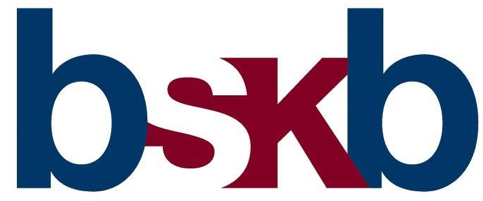When the Inventor is Artificial
LSIPR
When the inventor is artificial. Will the same tests for non-obviousness of biotech patents be applied to pharma inventions developed using AI, asks MaryAnne Armstrong of Birch, Stewart, Kolasch & Birch, LLP (BSKB).
The pharma and biotech industries have embraced the use of artificial intelligence (AI) in developing new drug candidates and new uses for known drugs, devoting resources to the use of AI in technology development.
For example, in August 2017, it was announced that GlaxoSmithKline (GSK) had entered into a collaborative relationship with Insilico Medicine, a Baltimore, Maryland-based AI company. Insilico focuses on applying AI to drug discovery, biomarker development and aging research. Similarly, Pfizer has incorporated the use of AI as a part of its R&D efforts in its Genome Science and Technologies group.
The question generally foremost in people’s minds concerning the use of AI to develop and invention is whether an AI can be an inventor.
